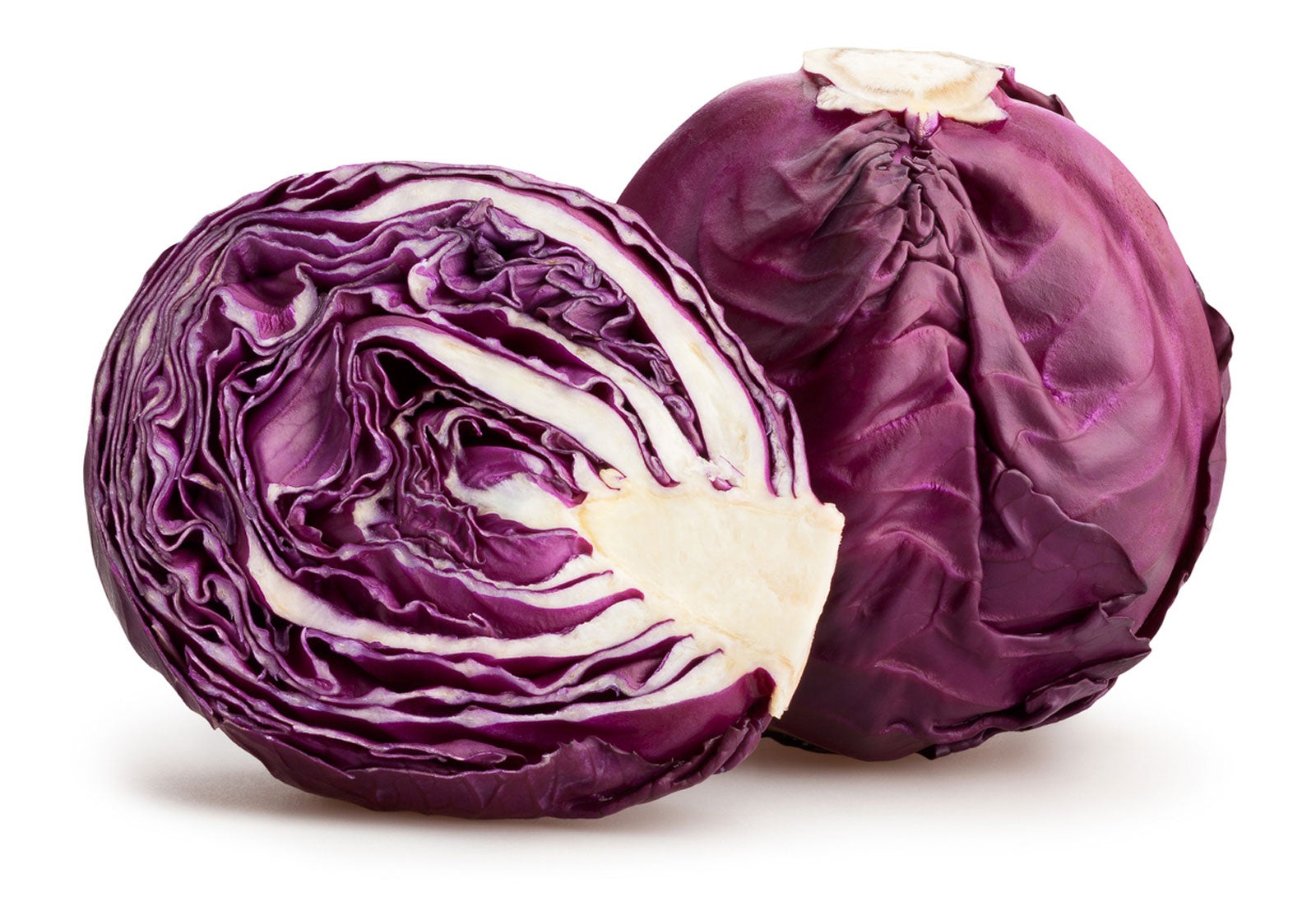What Is Ruby Ball Cabbage: Tips For Growing Ruby Ball Cabbages


Red cabbage is a versatile and easy to grow vegetable. In the kitchen it can be used raw and also stands up to pickling and cooking. Ruby Ball purple cabbage is a great variety to try.
It has a nice, sweet flavor and will stand in the garden for weeks without splitting, so you don’t have to harvest it all at once.
What is Ruby Ball Cabbage?
Ruby Ball cabbage is a hybrid variety of ball head cabbage. These are cabbages that form tight heads of smooth leaves. They come in green, red, or purple varieties. Ruby Ball is a pretty purple cabbage.
Horticulturists developed Ruby Ball cabbage plants for several desirable traits. They form compact heads that allow you to fit more plants in a bed, tolerate heat and cold well, mature earlier than other varieties, and can stand in the field at maturity for several weeks without splitting.
Ruby Ball also has important culinary value. This cabbage has a sweet flavor compared to other cabbages. It works well raw in salads and coleslaws and can also be pickled, stir fried, and roasted to enhance the flavor.
Growing Ruby Ball Cabbages
Ruby Ball cabbages prefer conditions similar to those of any other cabbage variety: fertile, well-drained soil, full sun, and regular water. Cabbages are cool weather vegetables, but this variety does tolerate more heat than others.
Whether starting from seed or using transplants, wait until the soil temperature has warmed to 70 degrees F. (21 C.). Expect to be able to harvest Ruby Ball between August and October, depending on when you planted and your climate.
Gardening tips, videos, info and more delivered right to your inbox!
Sign up for the Gardening Know How newsletter today and receive a free copy of our e-book "How to Grow Delicious Tomatoes".
Cabbage is fairly easy to grow and doesn’t require much maintenance beyond watering and keeping weeds at bay. A few pests may become an issue though. Watch out for aphids, cabbageworms, loopers, and root maggots.
Since this variety holds well in the field, you can harvest heads only as you need them up until frosts begin. Then, the heads will store for a few weeks to a couple months in a cool, dry location.

Mary Ellen Ellis has been gardening for over 20 years. With degrees in Chemistry and Biology, Mary Ellen's specialties are flowers, native plants, and herbs.
-
 Looking For Plants To Give You The Soft And Fuzzies? Try These 5 Fuzzy Leaf Plant Options
Looking For Plants To Give You The Soft And Fuzzies? Try These 5 Fuzzy Leaf Plant OptionsLovers of texture, drama, silver foliage and tactile plants will adore these special sensory garden additions. These fuzzy leaf plant options will leave you all aglow
By Susan Albert
-
 Get Ready For A Summer Of Hummers! Grow These Full Sun Hummingbird Plants and Flowers
Get Ready For A Summer Of Hummers! Grow These Full Sun Hummingbird Plants and FlowersIf you’re lucky enough to enjoy a sunny backyard, make sure you are maxing out on your pollinator opportunities and grow these full sun hummingbird plants and flowers
By Tonya Barnett